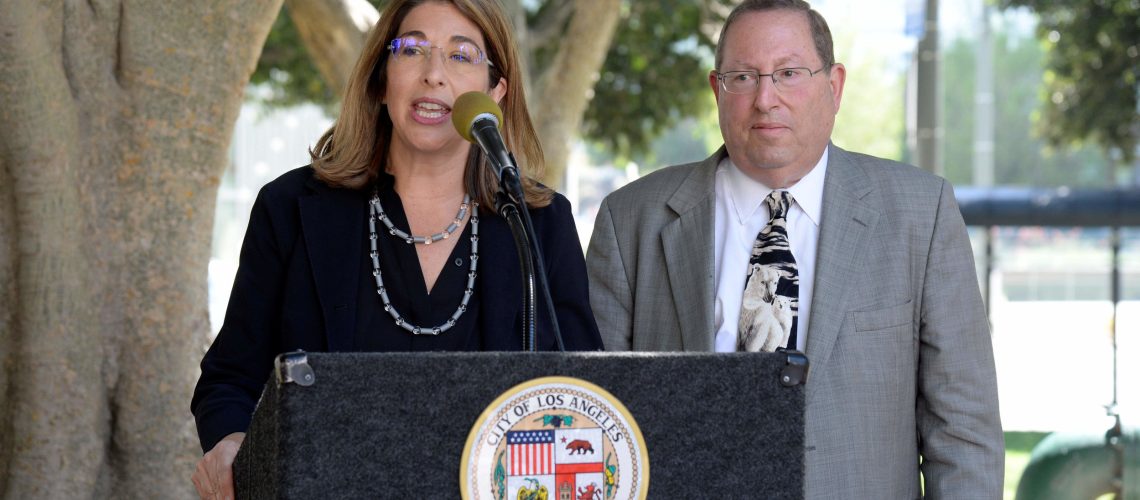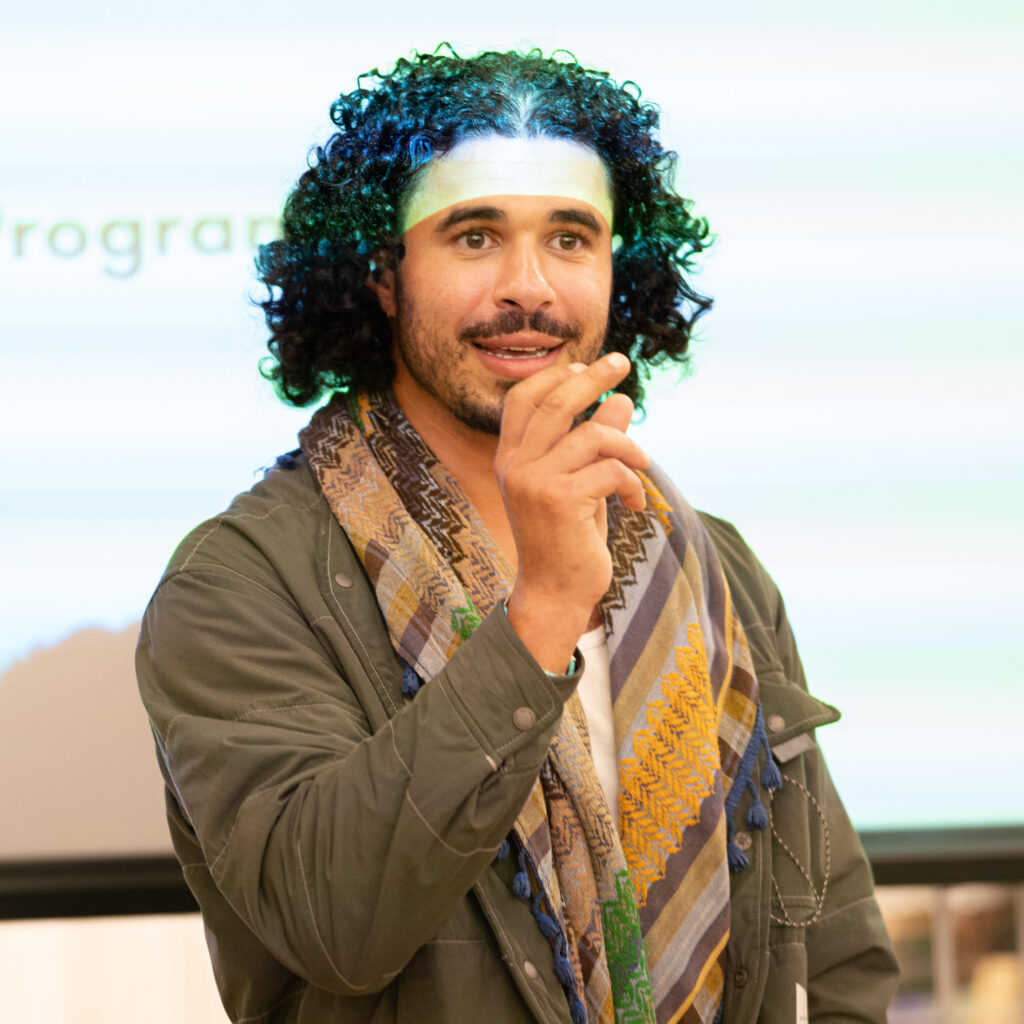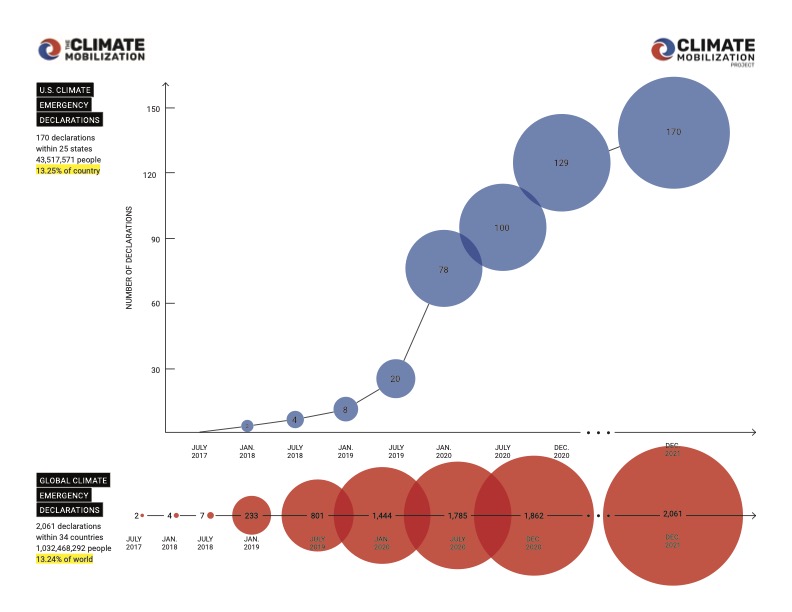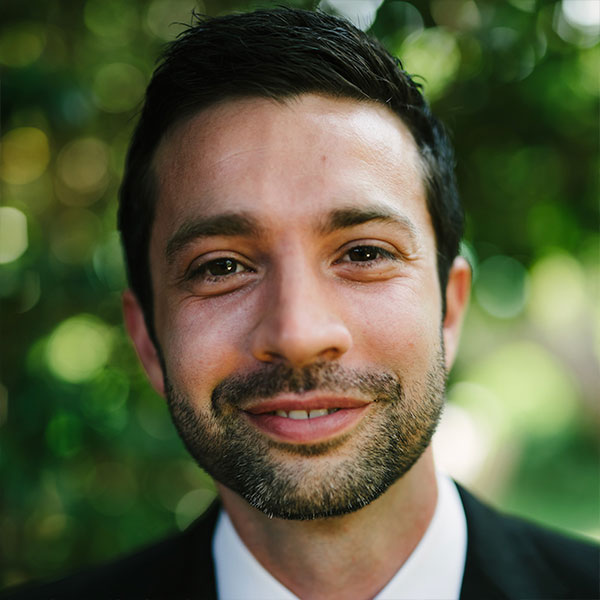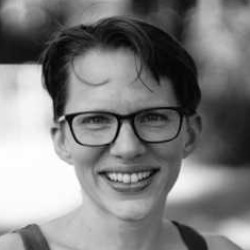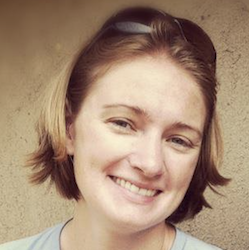
Allies,
Last Wednesday was historic for the climate mobilization cause in Los Angeles: we joined Naomi Klein, City Councilmember Paul Koretz, Republican Mayor of Lancaster, CA, and a coalition of leading Angeleno community organizers to announce the formation of a Climate Justice Mobilization 2025 working group.
Its mission: to achieve a carbon-neutral Los Angeles by 2025, through a WWII-scale climate mobilization rooted in environmental justice and the principles of the Leap Manifesto!
The Climate Mobilization team has been working with Councilmember Koretz’s office and the Leap team on this effort behind the scenes for months, and we are very excited to see L.A. citizens taking on the concept of climate emergency mobilization and adapting it to the needs of their own communities. I am thrilled that Angeleños are taking on the imperative of WWII-scale mobilization and aiming enthusiastically for carbon-neutrality by 2025 plus drawdown. This is easily the most excited and hopeful I’ve felt since Nov. 8.
This is the most ambitious advocacy of a rapid transition to zero emissions, plus a major carbon drawdown effort, of any major metropolitan area in the United States. And I am thrilled that the 2016 Democratic platform language calling for a WWII-scale emergency climate mobilization played a key role in motivating this effort.
I am also cautiously optimistic that, if we succeed in this daunting effort, the L.A. mobilization effort could catalyze emergency climate mobilization on a massive scale, far beyond the confines of Southern California. To learn more about the L.A. climate mobilization and to stay in the loop, click here and sign up:
Mobilize.LA
The withdrawal from the Paris Agreement, while discouraging to many, may be the best thing that’s happened to climate politics in a long time. The illusion of meaningful global climate action has been shattered. As the world community stares into the abyss, an opening has emerged for heroic mobilization aimed at restoring a safe climate.
Last Wednesday, the courage of Paul Koretz allowed us to seize that opportunity. I spoke with the councilmember after the press conference and came away convinced that he understands we have a 10-year window at most left to transform our entire economy. He assured me that failure is not an option. We discussed how his father Erich escaped Nazi Germany in 1939; the councilmember grasps the consequences of abrupt civilizational breakdown.
The press conference gave me hope that the level of threat we face is becoming more widely understood. Rex Parris, a one-man climate mobilization who is leading his city of 160,000 rapidly toward net-zero energy, warned that runaway global warming poses 10 times as great a risk to Americans as the Axis Powers of the ’40s.
And Naomi Klein, who has a new book out called No Is Not Enough, embraced the call for a WWII-scale climate mobilization, describing how we can confront our many social emergencies as we overcome the climate emergency by organizing with an intersectional perspective in mind. This is the goal of the L.A. Leap Manifesto, a forthcoming platform document that will help guide the L.A. Climate Mobilization effort.
Why focus on Los Angeles? As the Trump administration’s war on the climate accelerates, the world is looking to California, and its largest city, to protect humanity from catastrophe. According to Coral Davenport of The New York Times, “California is emerging as the nation’s de facto negotiator with the world on the environment.”
When it comes to mass movement organizing and economic mobilization resources, few areas in the world best Los Angeles. World War II created modern L.A., and the city remained on a war footing from Pearl Harbor through the end of the Vietnam War. The L.A. metro area contains the largest collection of engineers in America, an army of designers, and a huge number of Ph.D. scientists employed at the NASA Jet Propulsion Laboratory, CalTech, and other institutions. And Hollywood, which played a key role in promoting war bond drives during WWII, continues to dominate global culture.
Los Angeles, once a bastion of reactionary politics, WASP privilege, and sprawling land use, has transformed in recent decades into the densest overall metropolitan statistical area in the nation, home to the leading edge of the American labor and justice movements, a majority Latino population, America’s largest Catholic archdiocese, and perhaps the most diverse array of cultures and ethnicities found anywhere in the Western world. The City’s extreme inequalities and injustices have sparked powerful movements and uprisings for spatial, environmental, economic, and racial justice, often led by coalitions of community, labor, and university groups. L.A. is a national hub of cutting edge organizing and coalition-building methods.
As Councilmember Koretz said, “Los Angeles took on the needs of the entire United States and much of the world during World War II by embracing wartime mobilization. Hundreds of thousands of Los Angeles residents not only contributed massively to aircraft and ship manufacturing, they also volunteered to aid the Red Cross by the tens of thousands.”
“I’m calling on all Angelenos to mobilize once again. We need a World War II-scale mobilization in order to keep our City safe and our planet habitable and resilient. And we need to ensure that we do it in a way that honors frontline communities, ensures equity, and protects workers. I’m asking the creative minds of Los Angeles to join with the grassroots activists in creating the City of the future, not some fictional Tomorrowland, but here, on the ground, in the City of Angels we all love.”
An actionable L.A. Victory Plan is in the works that would radically transform the City across sectors on an emergency basis; we hope to work with the incredible organizers of L.A. and a broad-based coalition to inspire the City to mobilize on the scale of WWII, while rapidly disseminating knowledge and advanced organizing techniques acquired during the effort across America. We expect major pushback from a range of hostile actors; according to the Liberty Hill Foundation, Los Angeles is “the largest urban oil field in the country,” with “thousands of active oil wells in the greater Los Angeles area…located near and among a dense population of more than 10 million people.”
Make sure to check out the videos of the other excellent speeches from the 6/21 press conference. And if you are interested in getting involved in the L.A. climate mobilization or launching a climate mobilization in your own city or state, please click the Join Us button and fill out your information here.
We have a lot of work ahead of us. As Councilmember Koretz said, the climate mobilization starts here, now. It’s time to start the intense work of organizing an unprecedented movement for WWII-scale mobilization to restore a safe climate and rebuild our communities. And let’s rejoice now that Los Angeles, one of the world’s great cities, is beginning to embrace climate truth.
Sincerely,
Ezra Silk
You can watch the full event here:
And at Mobilize.LA, find more clips of the inspiring speakers — including Councilmember Koretz, Naomi Klein, Republican Mayor of Lancaster, CA, Rex Parris, The Climate Mobilization and LA’s own Russell Greene, and many other amazing LA organizers, including Martha Dina Arguello of Physicians for Social Responsibility; Bill Gallegos of Communities for a Better Environment; Aura Vasquez, LADWP Commissioner; Anthony Rogers-Wright of the Leap; Lydia Ponce of American Indian Movement Southern California; Yvette Lopez of Pacoima Beautiful; RL Miller of Climate Hawks Vote; Steve Wicke of Sierra Club; Jack Eidt of SoCal 350; Joe Galliani of SouthBay 350; Alex Nagy of Food & Water Watch; and Eugene Shirley of Pando Populus.

